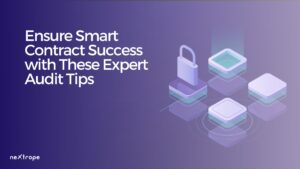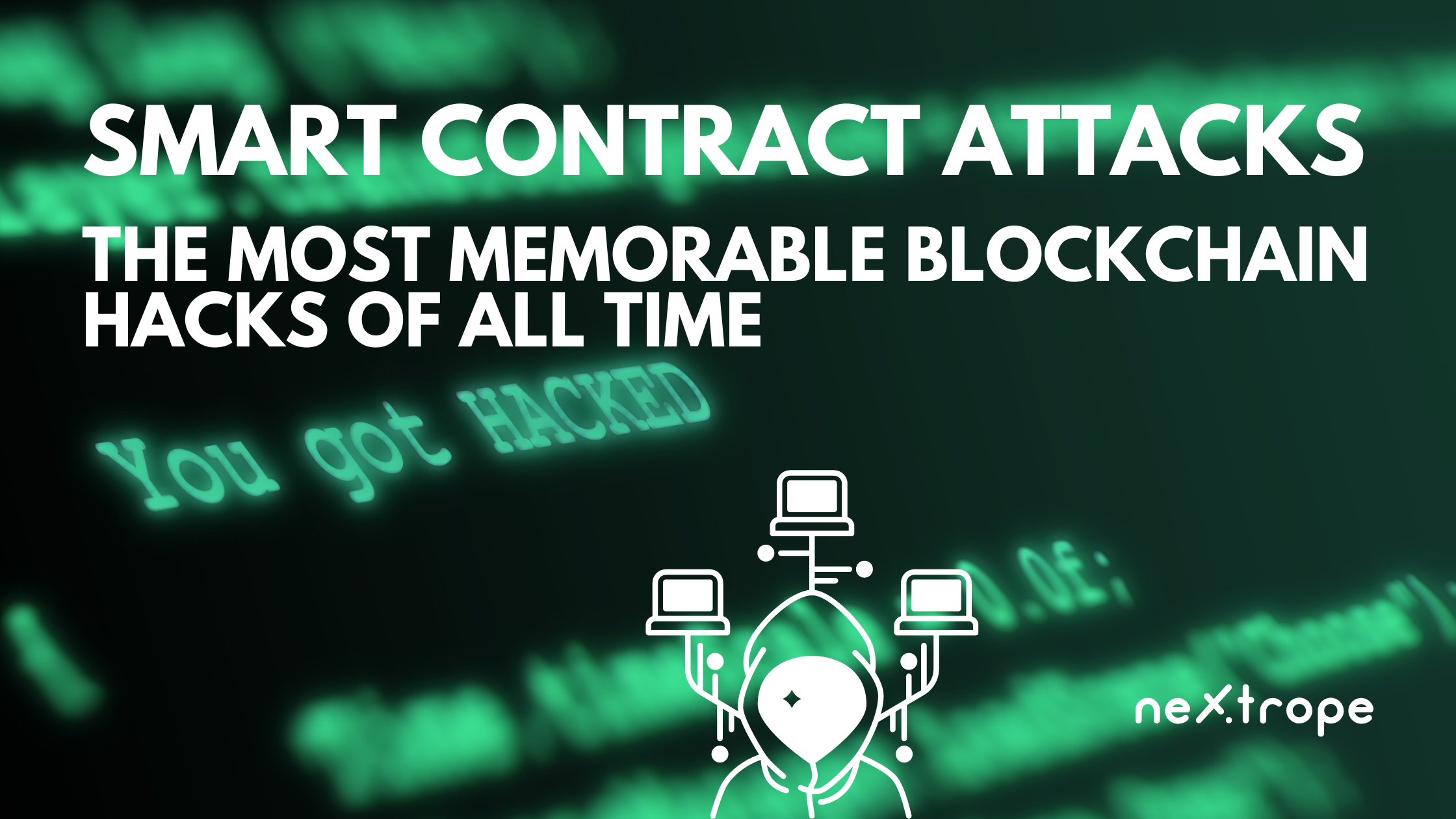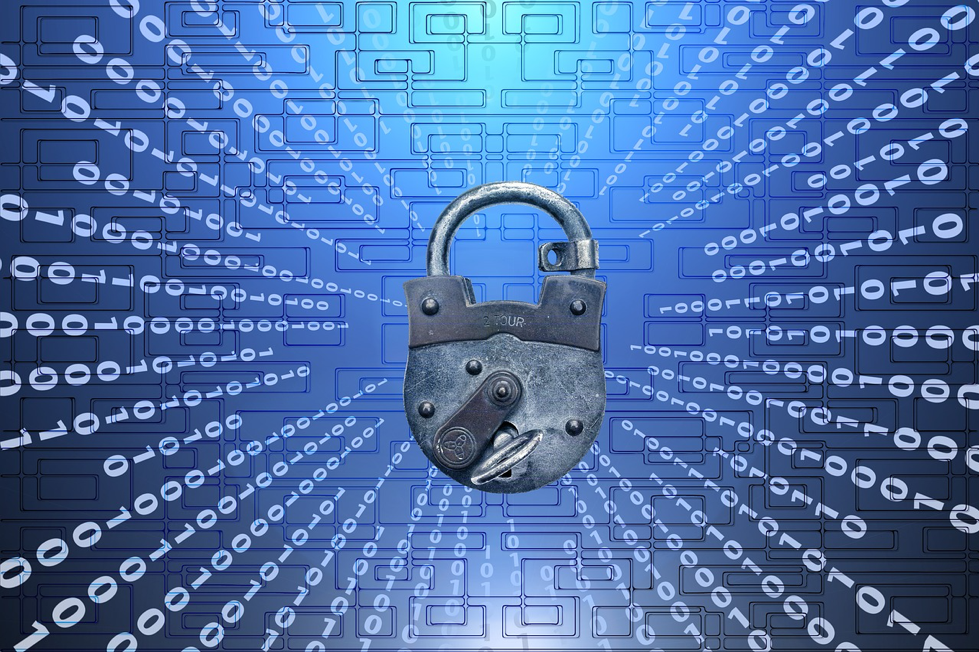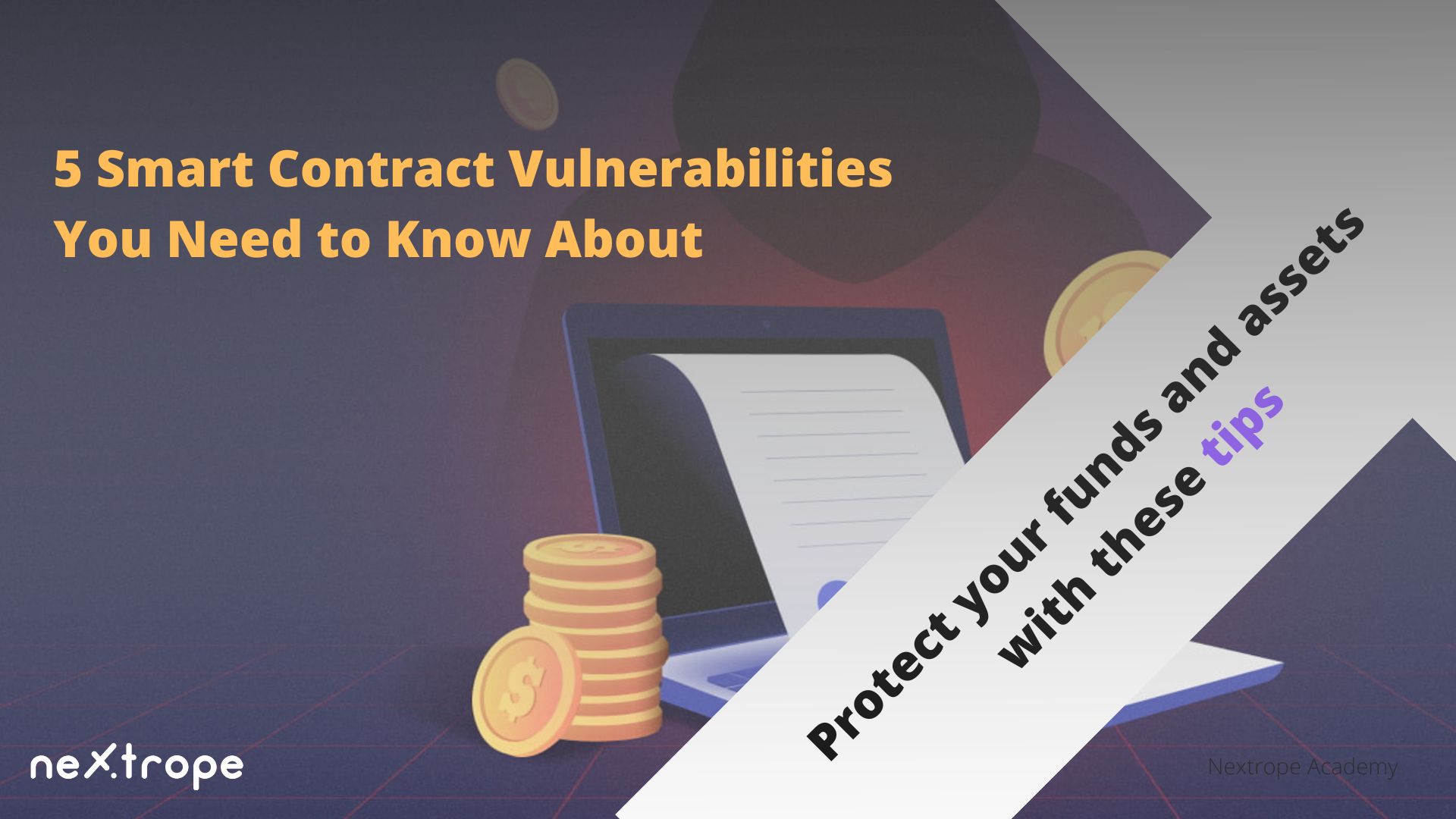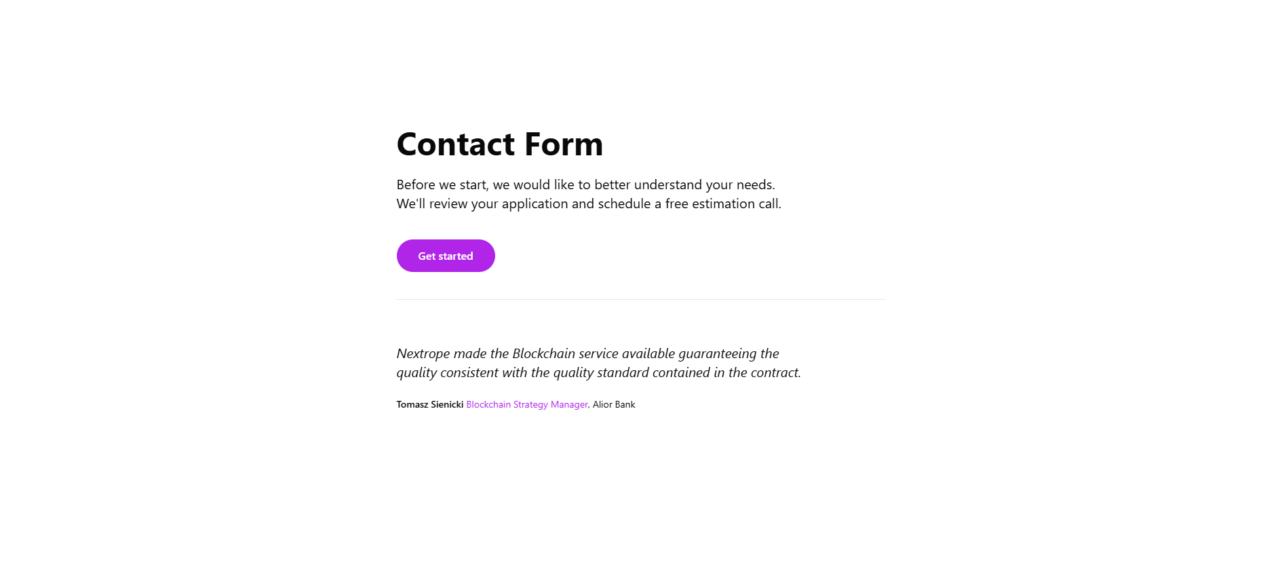The use of smart contracts, a tool that enables the automation of several processes and transactions, has grown significantly in the realm of blockchain technology. Before these smart contracts are implemented, it is crucial to guarantee their security and dependability. Smart contract auditing is useful in this situation.
The finest advice and methods for auditing smart contracts, as provided by seasoned smart contract developers, will be covered in this article. You may make sure that your smart contracts are of the greatest caliber and without flaws by adhering to these suggestions.
We hope that this article will provide valuable insights and guidance for those looking to audit their smart contracts effectively.
- Understand the purpose and functionality of the contract
- Review the code
- Test the smart contract
- Check for correctness
- Check for efficiency
- Checking for backward compatibility
- Review the contract's dependencies
- Review the contract's deployment and ownership
- Consider the contract's legal implications
- Conclusion
Understand the purpose and functionality of the contract
Before performing an audit, it is crucial to comprehend the function and intended use of a smart contract. This will enable you to find any potential problems or weaknesses and make sure the contract is functioning as planned.
The following points should be taken into account when figuring out the function and goal of a smart contract:
- Who will use the contract, and what are their needs and objectives? Identify the stakeholders.
- Establish the business logic: What is the contract meant to accomplish? What are the parameters for the input and output, and how should the contract handle various circumstances?
- Recognize the environment: How will the contract be used in that environment? What are the limitations and restrictions of the blockchain platform that will be used for its deployment?
- Take into account the long-term effects of the contract: How will the agreement be used going forward? Will it ever require updating or changing, and if so, how will those changes be handled?
You may more easily spot possible problems and make sure the contract is appropriate for its intended use by fully comprehending the function and purpose of a smart contract.
Review the code
Understanding the function and intended use of the contract is crucial when conducting a smart contract audit. This will enable you to find any potential problems or weaknesses and make sure the contract is functioning as planned. A static code analysis tool can be used to evaluate the code and help find potential problems including grammatical mistakes, bugs, and security vulnerabilities. It's also critical to adhere to best practices for developing smart contracts, such as making use of secure libraries, managing exceptions correctly, and carrying out appropriate testing and error management. You should also look for widespread security flaws like uninitialized variables, reentrancy attacks, and unsafe random number generation. Additionally, it's critical to ensure that the code is well-written, simple to comprehend, and maintained, as well as that the contract's logic is right and that it appropriately addresses all potential cases. You can see any problems and make sure the contract is secure and error-free by carefully going over the code.
Test the smart contract
A smart contract must be extensively examined during testing to make sure it works as planned and has no unforeseen repercussions. For this, you need to:
- Create test cases that account for all edge situations and potential eventualities. This will make sure that every possible problem is found and that the contract is thoroughly tested.
- Automate the testing procedure using a testing framework like Ganache or Truffle. As a result, running test cases and monitoring the outcomes will be simpler.
- Utilize tools like Mythril or Oyente to scan for common security flaws. By doing this, you can make that the contract is safe and has no weaknesses that could be used against it.
- Verify that the contract operates as planned and generates the desired outcomes. This will support the idea that the contract is operating properly.
- Verify that the contract is optimized for gas utilization and free of extra code that can drive up gas prices. This will help to guarantee the contract's effectiveness and economy.
Check for correctness
A crucial step in the audit process is verifying a smart contract's accuracy. Verifying that a contract accomplishes its goals and complies with the contract owner's specifications is part of ensuring its validity. You must first analyze the contract's details and comprehend the conditions and limitations in order to verify that everything is correct. You can use this to find any potential problems or places that require more investigation.
The next step is to check the code for flaws or faults to make sure it follows the contract's logic. This will make it easier to verify that the contract's logic is sound and that it appropriately accounts for all potential outcomes.
It is crucial to confirm that the contract complies with applicable rules and regulations if it will be utilized in a regulated environment. This can entail consulting a legal expert or doing more investigation to verify compliance.
You can make sure the contract is appropriate for its intended use and has no unintended consequences by carefully checking for accuracy. This is crucial to ensuring that the contract operates correctly and meets its intended goals.
Check for efficiency
You should make sure the contract is optimized for gas usage and free of any extraneous code that can raise gas prices in order to verify for efficiency. This could lower the cost of using the contract and increase its usefulness for users.
You should study the contract's code to verify for efficiency and search for any places where gas utilization could be maximized. To reduce gas consumption, this may entail eliminating pointless code or improving certain operations. Additionally, you should test the contract to gauge its gas consumption and make sure it is within acceptable bounds.
Checking for backward compatibility
Checking for backward compatibility is also important if the contract is intended to be used on a specific blockchain platform. To check for backward compatibility, you should ensure that the contract is compatible with the version of the platform it will be deployed on. This may involve reviewing the contract's code to ensure that it uses features and functions that are supported by the platform, and testing the contract to confirm that it functions correctly on the platform.
By checking for efficiency and backward compatibility, you can ensure that the contract is optimized for use and can be deployed smoothly on the intended platform.
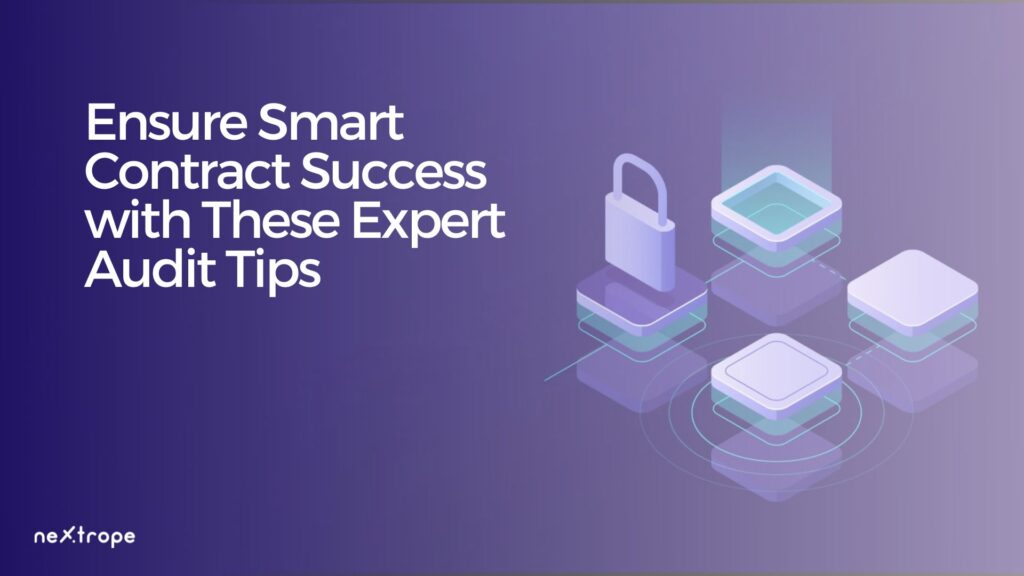
Review the contract's dependencies
It is crucial to examine the contract's dependencies during a smart contract audit to make sure that it is utilizing the most recent and safe versions of any external libraries or contracts it depends on. It is vital to ensure that the contract is using the most recent and secure versions because outdated or insecure dependencies can cause flaws or mistakes.
You should first look at the contract's code to find any external libraries or other contracts that it depends on before reviewing the contract's dependencies. The versions of these dependencies should then be checked to make sure they are current and secure. You should suggest updating the contract's dependencies to the most recent and secure versions if you discover that they are out-of-date or unsafe.
Checking the dependencies that the contract is using for any vulnerabilities or known problems is also a smart idea. Researching the dependencies and looking for any security advisories or other warnings will help you achieve this. You can contribute to making sure that the contract is as secure as possible by going over the dependencies in this manner.
Overall, a critical stage in the smart contract audit process is carefully analyzing the contract's dependencies. By doing so, you can lower the possibility that the contract contains flaws or inaccuracies and increase its security.
Review the contract's deployment and ownership
To make sure that a smart contract is secure and that only authorized parties can make modifications to it, it is required to review the deployment and ownership of the contract during an audit. This makes it more difficult for someone to gain access or modify the contract.
You must first determine who the contract's owner is and how it was used before you can analyze the contract's ownership and deployment. The contract should then be owned and deployed securely, utilizing best practices like a secure key management system and adhering to appropriate security protocols.
Additionally, make sure that only those with permission can alter the contract. This can entail checking the permissions and access controls of the contract to make sure that only parties with the proper authorization can change it.
In general, examining the contract's deployment and ownership is an important step in the process of a smart contract audit. In order to avoid unauthorized access or contract tampering, it can assist ensure that the contract is secure and that only authorized parties are able to make changes to it.
Consider the contract's legal implications
Additionally, make sure that only those with permission can alter the contract. This can entail checking the permissions and access controls of the contract to make sure that only parties with the proper authorization can change it.
In general, examining the contract's deployment and ownership is an important step in the process of a smart contract audit. In order to avoid unauthorized access or contract tampering, it can assist ensure that the contract is secure and that only authorized parties are able to make changes to it.
It is advisable to consult a legal expert to ensure that the contract is enforceable if it is meant to have legal ramifications. You can better comprehend the contract's legal ramifications and ensure that it is constructed in a way that makes it enforceable by consulting a legal expert. They can also provide you advice on any further measures that might be required to make sure the contract is legally enforceable.
Overall, a critical stage in the smart contract audit process is taking the contract's legal consequences into account. It can aid in ensuring that the contract complies with all applicable legal requirements and is legally enforceable.
Conclusion
A thorough audit is necessary to make sure a smart contract is trustworthy and safe. As part of a smart contract audit, it is important to thoroughly test the contract to make sure it works as intended and has no unintended consequences. You should also confirm that the contract satisfies the contract owner's requirements, look for efficiency and backward compatibility, review the contract's dependencies, deployment, and ownership, and think about the contract's legal ramifications. These guidelines can help you make sure that a smart contract is trustworthy, safe, and appropriate for its intended use.
Be sure to read our other articles on the subject for more details on smart contract audits. You may gain extra knowledge and best practices for auditing smart contracts from these resources.
 en
en  pl
pl 
